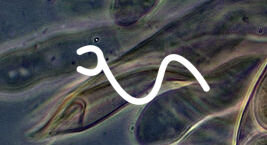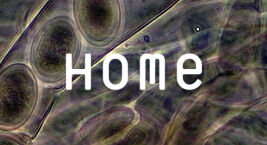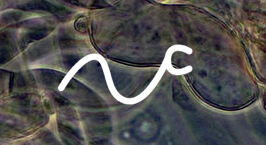Review of Matthew Caley’s Trawlerman’s Turquoise
by Nicki Heinen
‘Frank O’Hara once
praised instant coffee
but a better man might have
kept shtum’
This is Matthew Caley’s sixth collection, out from Bloodaxe. Following his last book, Rake, this collection builds on Caley’s trademark wit, mastery of form, erudition and representation of the everyday. Trawlerman’s Turquoise packs a punch. This is a thought-provoking collection, with confluent threads that tease and pulsate, staying with me long after I had read it. The title is somewhat misleading, as the book has little to do with fishermen or the sea, but a seam of the colour turquoise runs through it, with phrases like ‘treadmill of opaque turquoise’ and later ‘as lids brushed turquoise’. The spoils of a fisherman’s haul here are represented by the cacophony of contemporary life.
Caley's sleight of hand is demonstrated in the concept of violet in ‘Epistolatory Novels’:
‘supposedly my
eyes see only violet
– the one true colour –
though this window has no blind
I see a violet blind
so up comes that blind
behind it another blind
so I pull that up
behind it a violet sill
on that a vase of violets’.
It demonstrates the confidence of a poet at the height of his powers, using the tanka and the sonnet as primary forms, though there are many longer, interwoven passages that bring to mind the poetic landscape of the modernists. However, Caley is very much his own poet and utterly unique.
Favourite poems in this collection, for me, are the horse poems, so totally animal, so totally horse. From ‘And the Horse in Each Movement’:
‘if only the once
there is more sorrow
in the brim of a horse’s
eyes than in your heart
distil a horse tear, keep it
in your hand and hold it there’
Formally, Trawlerman’s Turquoise is a wonder of carefully honed phrasing. There is the sense that there is not a word lost, not a word too many. One of the epigraphs is a quote by Mina Loy, one of Caley’s great influences:
‘I am become
dumb
in answer
to your dead language of amour’
The collection seems to work in dialogue with this - there is a resurrection of the tender, the intimate, in the wake of a contemporary landscape filled with our detritus - iPads, condoms, Ubers and litter. Yet a sense of love and belonging that gives the book real profundity.
‘yes, submission, no
I see the century turn,
not subservience
but gift and full up with love,
animal, no one breathing’.
This is a book worth buying and cherishing.



